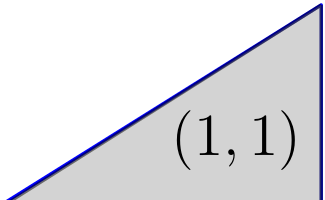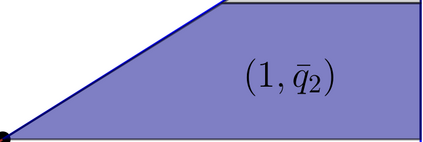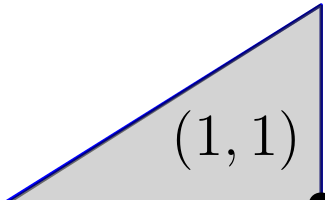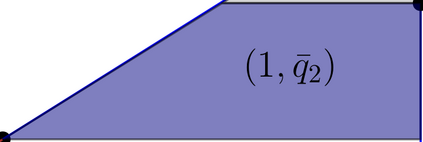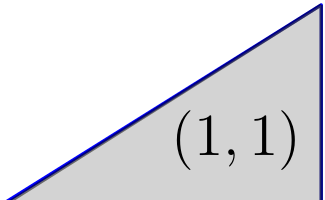It is well-known that optimal (i.e., revenue-maximizing) selling mechanisms in multidimensional type spaces may involve randomization. We obtain conditions under which deterministic mechanisms are optimal for selling two identical, indivisible objects to a single buyer. We analyze two settings: (i) decreasing marginal values (DMV) and (ii) increasing marginal values (IMV). Thus, the values of the buyer for the two units are not independent. We show that under a well-known condition on distributions~(due to McAfee and McMillan (1988)), (a) it is optimal to sell the first unit deterministically in the DMV model and (b) it is optimal to bundle (which is a deterministic mechanism) in the IMV model. Under a stronger sufficient condition on distributions, a deterministic mechanism is optimal in the DMV model. Our results apply to heterogeneous objects when there is a specified sequence in which the two objects must be sold.
翻译:众所周知,在多维类型空间的最佳(即收入最大化)销售机制可能涉及随机化。我们获得的条件是,确定机制是向单一买主出售两个相同、不可分割的物体的最佳方式。我们分析了两种设置:(一) 边际价值(DMV)下降和(二) 边际价值增加(IMV)。因此,买方对这两个单元的价值并不是独立的。我们表明,在(由于McAfee和McMillan(1988年))一个众所周知的分配条件下,(a) 在DMV模型中销售第一个单位是最佳的方式;(b) 在IMV模型中将两个单位捆绑(这是一个确定机制)是最佳的方式。在分配的更充分条件下,确定机制在DMV模型中是最佳的。我们的结果适用于在两个对象必须出售的特定序列时的多种物体。

